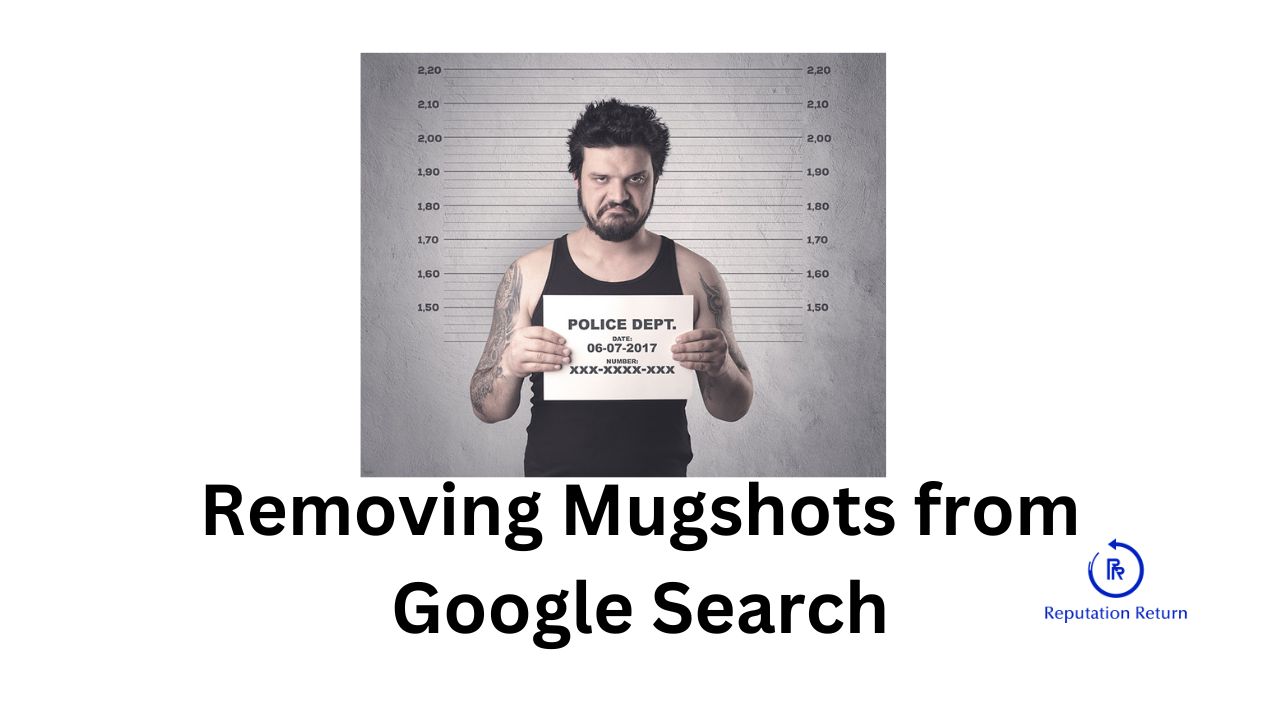Your online reputation can significantly influence personal and professional opportunities. One particularly distressing issue many individuals face is having a mugshot appear in Google search results. Mugshots can be publicly accessible due to the legal transparency laws in many regions, but their presence online can cause long-lasting damage. Here, we delve into the technical aspects of removing mugshots from Google search results and address the pain points involved.
The Pain Points of Having a Mugshot Online
1 Stigma and Judgment: Mugshots often come with an immediate negative stigma. Even if the charges were dropped or the individual was acquitted, the image can still affect perceptions.
2 Professional Impact: Employers frequently conduct online background checks. A mugshot in search results can hinder job prospects or lead to termination.
3 Personal Relationships: Friends, family, and acquaintances may view the individual differently if they come across a mugshot online.
4 Mental Health: The constant reminder of a past mistake or wrongful arrest can be mentally and emotionally taxing.
Understanding Google Search and Mugshot Listings
Google does not host mugshots directly but indexes them from other websites. Removing a mugshot from Google’s search results typically involves two steps: removing the image from the hosting website and then requesting Google to update their index.
Step-by-Step Guide to Removing Mugshots
1 Identify the Source
The first step is to locate the websites that host the mugshot. Search for your name in Google and make a note of all URLs that contain the mugshot.
2 Request Removal from the Hosting Website
Many mugshot websites will remove images for a fee. However, this practice has led to significant ethical and legal debates. Some jurisdictions have laws against charging for mugshot removal, and in some cases, these sites are required to remove the image upon request.
◦ Contact the Webmaster: Locate the contact information for the website’s webmaster, often found in the “Contact Us” section or through a WHOIS lookup.
◦ Formal Request: Send a formal request for removal, clearly stating your reasons. If applicable, mention any legal rights or local laws that support your request.
◦ Legal Action: If the webmaster does not comply, consider seeking legal advice. Some states have enacted laws that require mugshot websites to remove images upon request, particularly if the individual was not convicted.
3 Google’s Removal Request
Once the mugshot is removed from the source, the next step is to ensure it gets de-indexed by Google.
◦ Google Search Removal Tool: Use Google’s removal tool to request the removal of outdated content. Provide the URL of the page where the mugshot was hosted.
◦ Submit a Legal Request: If the mugshot violates any of Google’s policies, such as exposing sensitive personal information, submit a legal request through Google’s Legal Help page.
4 Suppressing Negative Results
Even after removal, the URL may still appear in search results for a while. You can work on suppressing these results by creating and optimizing positive content about yourself.
◦ SEO Best Practices: Use search engine optimization (SEO) techniques to ensure your positive content ranks higher. This includes creating a personal website or blog, updating social media profiles, and publishing articles or press releases.
◦ High-Quality Content: Regularly post high-quality, relevant content. This can include professional achievements, personal milestones, and other positive updates.
◦ Backlinking: Encourage reputable websites to link to your positive content, improving its search engine ranking.
Addressing Persistent Issues
Sometimes, despite best efforts, mugshots may persist in search results. Here are additional strategies:
• Reputation Management Services: Consider hiring an online reputation management (ORM) service. These professionals specialize in removing negative content and improving your online image. See which ORM service is best for mugshot removal.
• Legal Recourse: Persistent or particularly damaging content might require legal intervention. Consult with a lawyer who specializes in internet law to explore your options.
Ethical Considerations and Future Trends
The practice of posting and monetizing mugshots has faced considerable backlash. Some states have enacted laws to protect individuals from extortionate practices by these websites. As public awareness grows, we can anticipate more robust legal frameworks and policies aimed at protecting individuals from online shaming and reputation damage.

